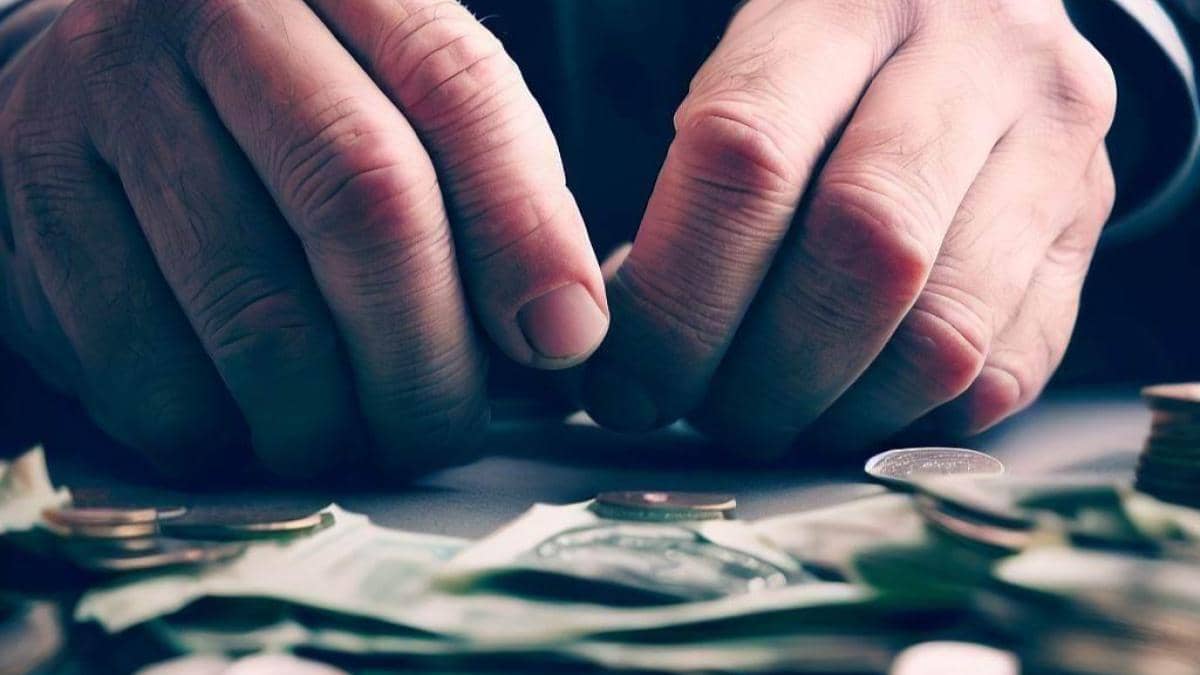What challenges are the investors facing in 2023?

2 FEB, 2023
By RankiaPro Europe

In the uncertain macroeconomic context in which we find ourselves, investors face complex questions: What is the next phase? Will there be a global recession? And how will inflation and economic growth evolve, similarly or differently to previous cycles?
Austen Robilliard, Investment Director at Murdoch AM, and Jon Beckett, Independent Director, Author of New Fund Order give us their point of view.
Austen Robilliard, Investment Director at Murdoch Asset Management

To say 2022 was a challenging year would be putting it mildly, with both equities and fixed interest in negative territory and property not faring well either, there were few hiding places. As a result, many investors are nursing painful losses. The macroeconomic picture looks set to get worse before it gets better, which in turn will likely fuel volatility in risk assets over the near term.
Markets go through cycles and we have enjoyed a decade-long bull run in risk assets post the global financial crisis. That party seems over as we move into an environment of higher inflation, and higher interest rates and markets have reacted in kind, with long-duration growth assets particularly affected. Valuations had become detached from fundamentals, with performance coming from re-ratings rather than underlying earnings growth, but as the pendulum swings the other way, fundamentals will be key for restoring confidence.
The biggest temptation when faced with losses is to panic and it could well be the fundamentals have deteriorated and selling is the best option, but often the fundamentals remain relatively undamaged. Fund selection is not about guessing which asset class is going to do better over the next quarter, but setting a long-term strategy that achieves the investment objectives of the portfolio as a whole. Markets and economies are not the same and sometimes investors forget this, making it hard to look past the macro-economic doom and gloom.
My biggest concern is investors in Environmental, Social, and Governance (ESG) strategies who did so on the back of performance and not due to any moral view. ESG is naturally tilted towards growth and as markets, de-rate, will these investors have the conviction to remain investors, or will they move to pastures new, crystalizing losses in the process?
Jon Beckett, Independent Director, Expert Witness, Author of New Fund Order

What is next is the enduring question that vexes our industry. Forecasting is always a problem of predicting an uncertain tomorrow based on a more certain today. Forecasts are forever fragile. Forecast error is everywhere and we saw that between 2021 and 2022. Forecasters underestimated the rate of inflation and the impact on bonds in 2022. However, we can learn from this and observe what is happening today and what we are seeing is a contraction across economies.
Rising rate cycles have a sense of inevitability about them; rates convert inflation into recession and rising unemployment. Sentiment falls, markets go into correction, and markets price in the lower rates of growth and lower earnings. However, a recession does not necessarily solve all inflationary pressures but banks and markets are expecting lower rates in 2 years. We will see. It’s quite likely markets will either underestimate or overshoot inflation expectations. The future remains uncertain.
What kind of expansion will we experience? Zero expansion is likely and will be typified if the best-performing markets prove to be bond markets in 2023; (albeit with added credit risk). At some point markets will over-price recession and falling earnings and then we’ll start to see a recovery in equity markets. However we’ve seen a few ro-ro (risk in risk-off) bounces and these appear to have been premature, as there is probably still a lot of economic pain to be priced in. I would not expect any signs of expansion before 2024 but that is just my best guess.
The problem with volatile inflation is that it can spike unexpectedly, whereas we are seeing some pressure come off energy markets but will likely harden again through winter. Watch the country-by-country gas reserves in Europe. By comparison, Energy is not the main factor when investing in the US; the Dollar is and any weakening in the dollar is bad for non Dollar investors.
Globally, food inflation takes longer to recover than energy because there is a hangover effect and wage inflation remains sluggish and behind core inflation whilst pay rises can extend an inflationary cycle.
Moreover, the cost of living is so much higher for households around the world. If we then were to add a property crash and rising unemployment, as a result of rising debt costs, then I think we will then start to see a much more pronounced fall in confidence and consumption.
The difference this time is that I am not seeing China and emerging markets being in a position to cushion that falling global growth or acting as the disinflationary force on goods as they had before. If we have reached peak globalization then higher inflation but lower growth will become the new normal.


